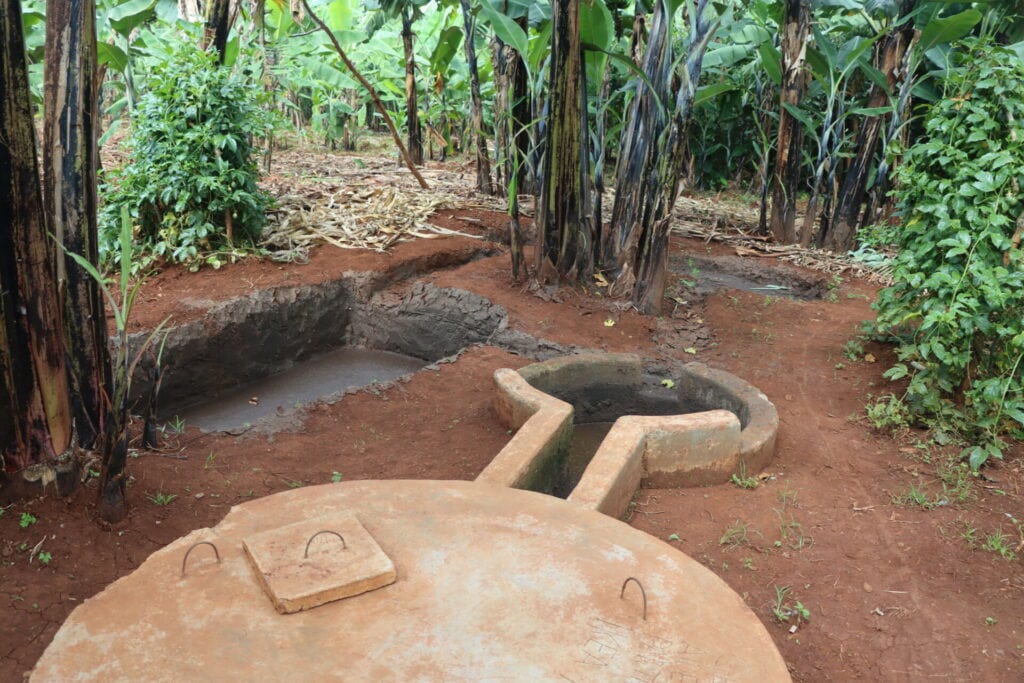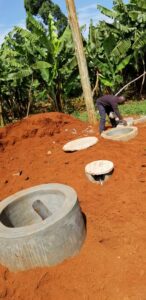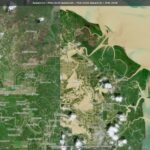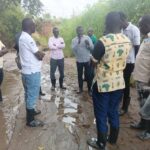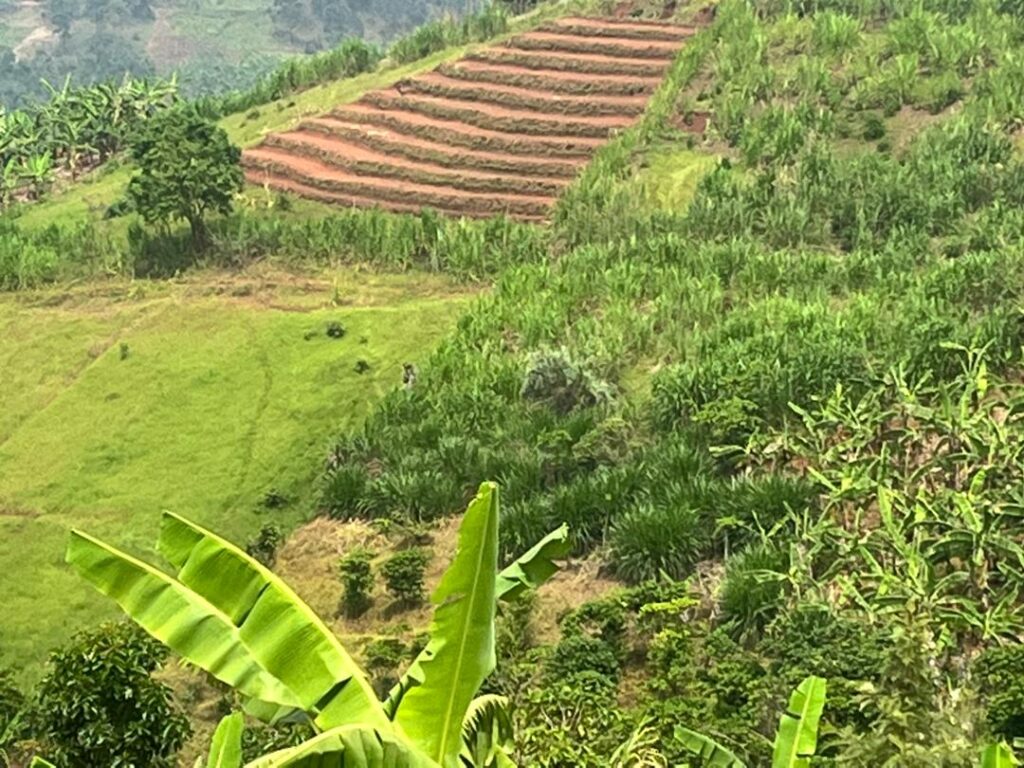Regenerative Agriculture: Green Future Farming Gains
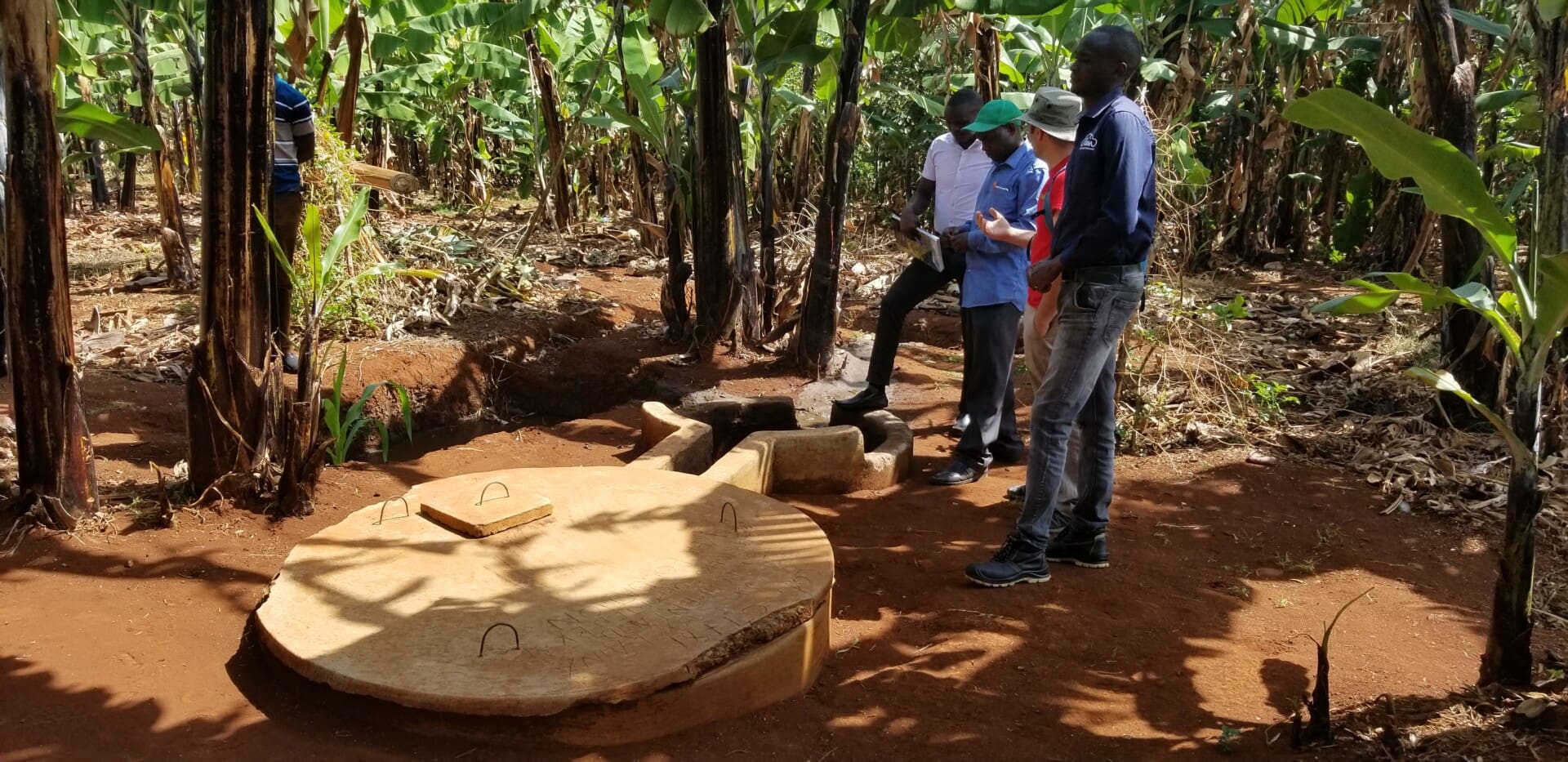
Regenerative agriculture trainings + Biogas installations = Improved coffee yields
Article by Uganda Team
Regenerative agriculture is a farming and grazing practice that, among other benefits, reverses climate change by rebuilding soil organic matter and restoring degraded soil biodiversity.
Moses Wanasolo is a resident of Masira sub-county and a member of the Masira farmer network in Bulambuli. He is one of the farmers who benefited from the regenerative agriculture training provided by AidEnvironment and is now practicing regenerative agriculture in the Mt. Elgon region. This has been made easy for him through the installation of a biogas digester.
Moses is among the 260 biogas beneficiaries who received the biogas digesters through the project cost share model. His biogas digester is fully functional and results in the benefits of regenerative agriculture through the production of bio-slurry/organic fertilizer.
Before the GFF project training and Biogas construction, coffee yields at Moses’ farms were initially low and the costs of farming were high. This was a result of farming knowledge gaps, low soil fertility, and the high costs of buying fertilizers. The organic and inorganic fertilizers were sourced from distant places which means the farmer would incur high costs for transportation. In 2020, through the Green Future Farming project, AidEnvironment and partners started training farmers and initiated the construction of biogas tanks for farmers under a project cost share model where 60% of the contribution comes from the farmer and 40% was provided through the project. The aim was to bridge the knowledge gap, and promote the adoption of regenerative practices that foster livestock rearing and the production of organic fertilizers. Farmers who have benefited from the program, including Moses, have reported increased coffee yields.
Gains from using a bio-digester that Moses experienced are shown below:
- In 2020, Moses was harvesting an average of 2kgs of coffee cherry per tree. After coffee agronomy training and the application of bio-slurry/organic
manure, his coffee yields have increased to an average of 3.5-4 kgs per coffee tree. - Moses’ use of bio-slurry/organic manure to fertilize his pasture/Napier grass garden increased the quality and quantity of animal feed, milk, and dung production. Furthermore, the increase in milk production has boosted his household income through the sale of surplus milk and the dung has been used for feeding the digester.
- Prior to 2020, Moses was buying 5 bags of inorganic fertilizers for his coffee trees. Beginning in 2021, Moses no longer bought any inorganic fertilizers but rather used the organic fertilizers from the bio-digester. He reports that the organic fertilizer now saves him about UGX 1,000,000. The saved money is now used to pay for school fees for his children and to meet other household needs.
- The bio-gas digester has also saved Moses about UGX 600, 000 per year which
was initially used for buying firewood. Without the need for the firewood, the woman in the household uses clean energy and she’s able to save some time for cooking.
Given the positive changes exhibited in Moses’ story, the Green Future Farming team remains open to exploring how to further improve the project. So far, the team and the entire organization are proud of the results because they clearly address the key performance indicators and the main goal of achieving a circular economy. Looking long-term, the team plans to train more farmer groups and continue selling the idea of installing more biogas digesters to many other farmers in the region. In the past year, the project’s geographical scope has widened to cover the Sironko and Bulambuli districts. The project implements community engagements, trainings, and radio campaigns running on two radio stations (Elgon Radio in Kapchorwa and Radio 9 in Bukwo).

